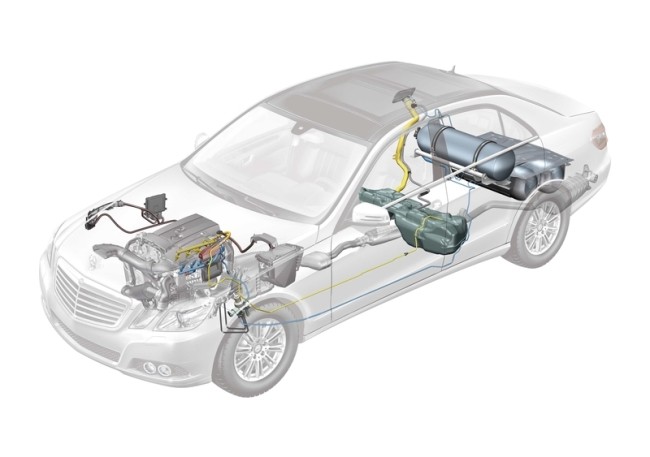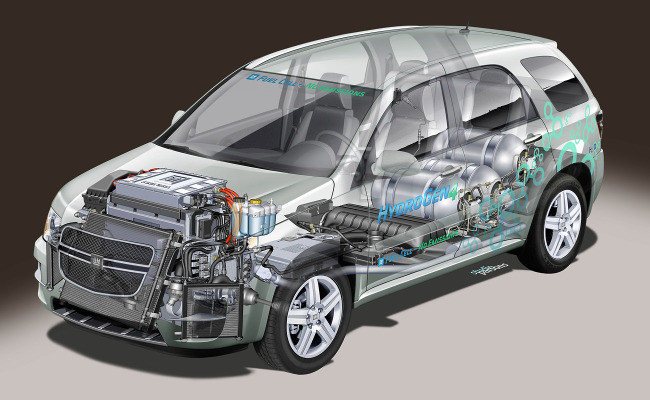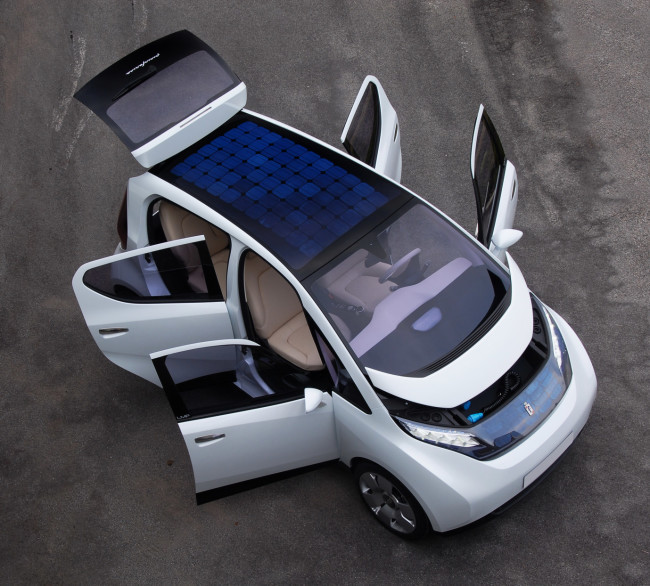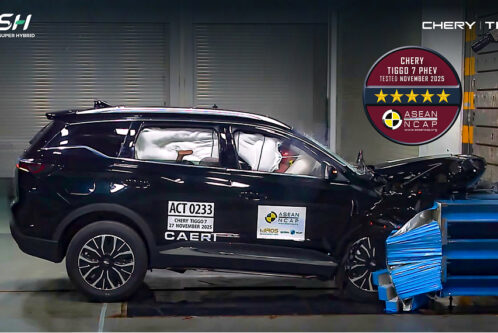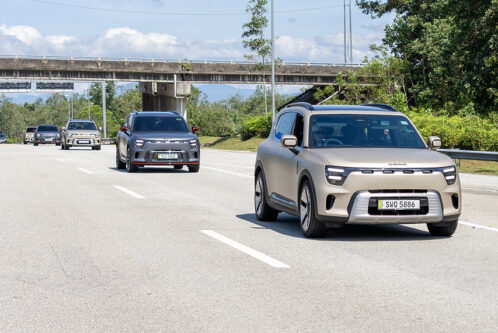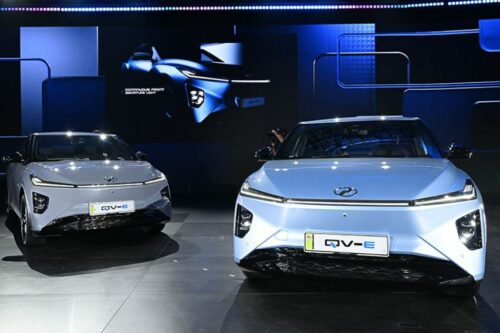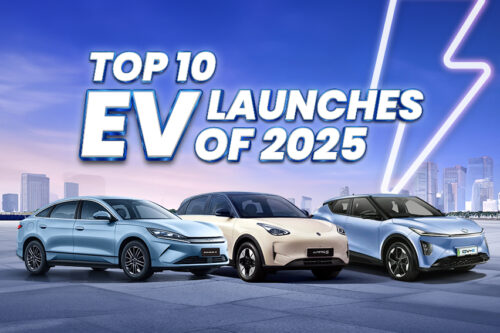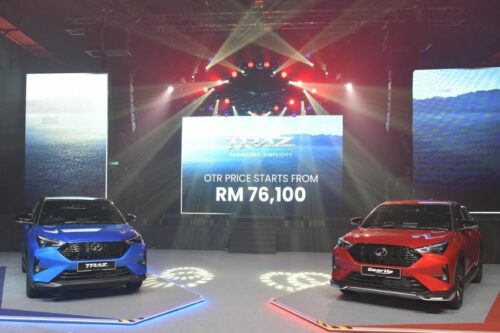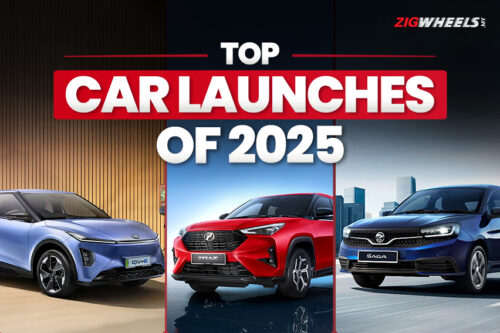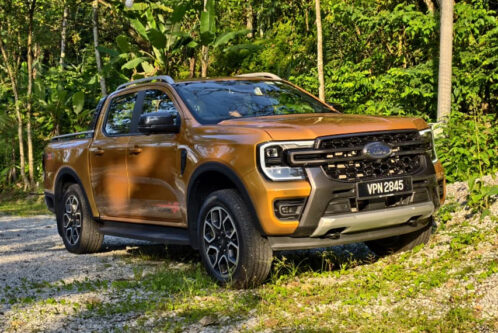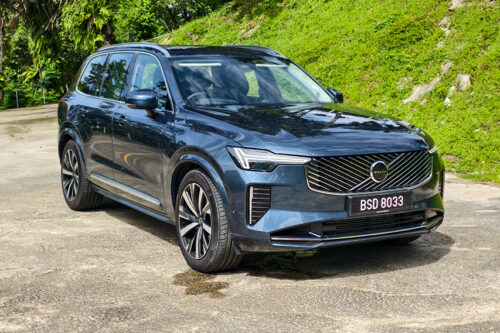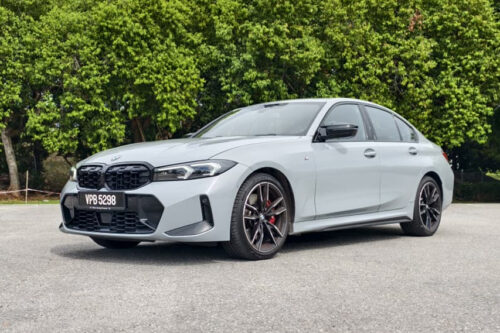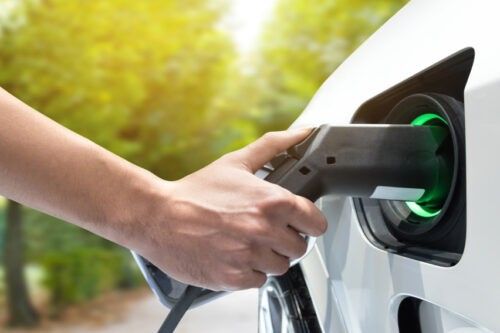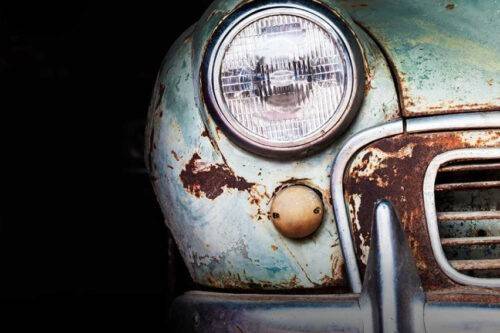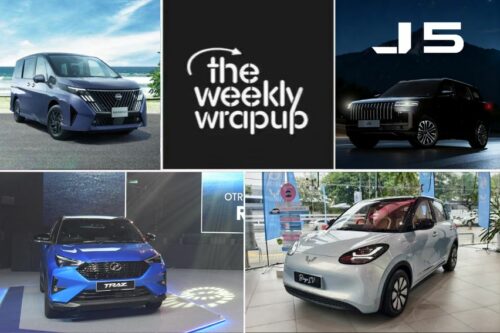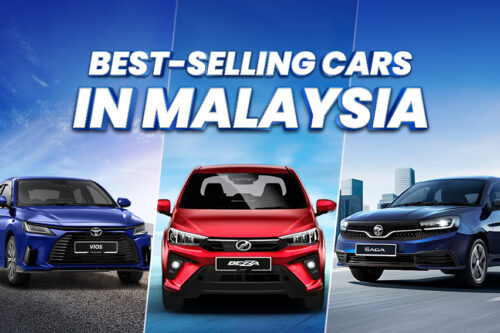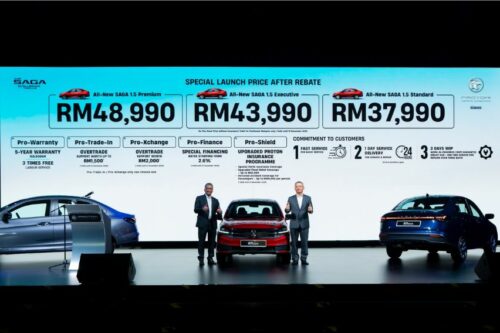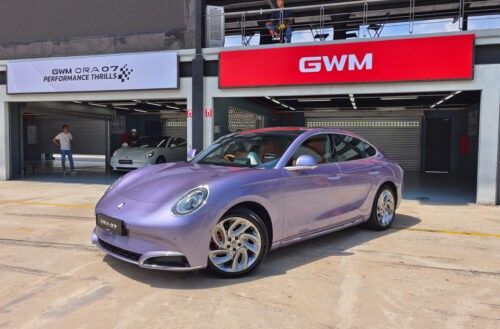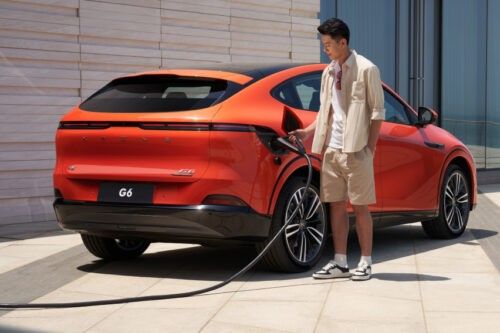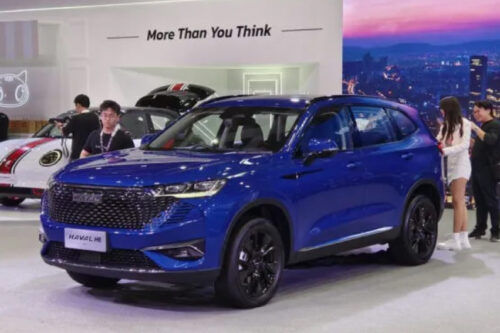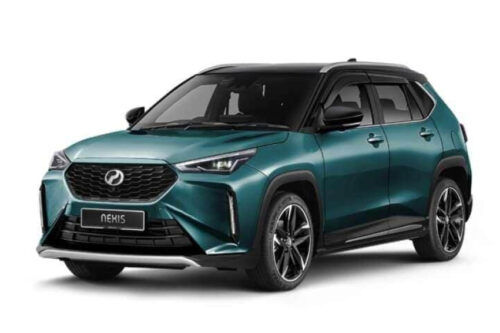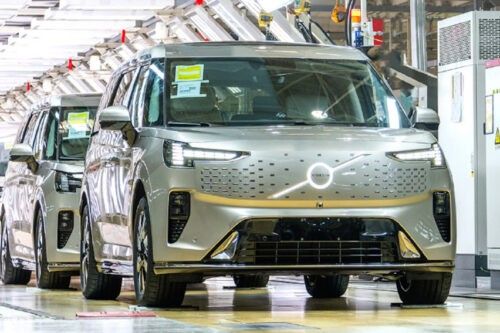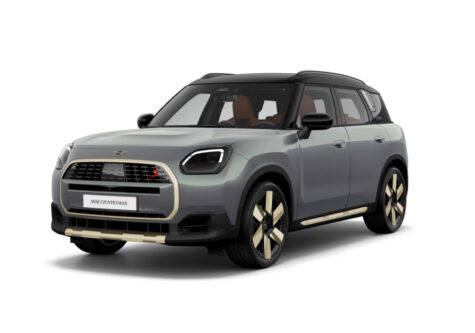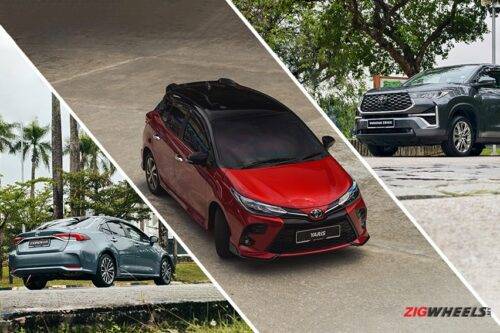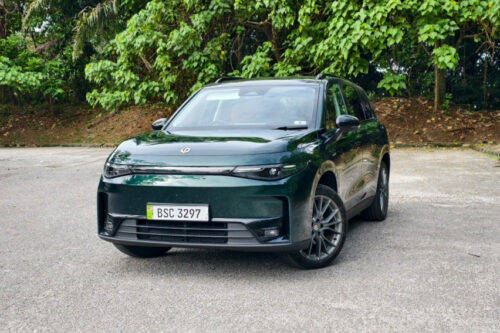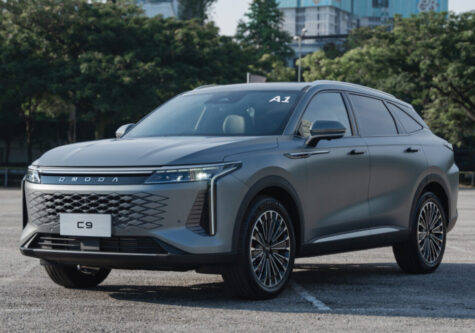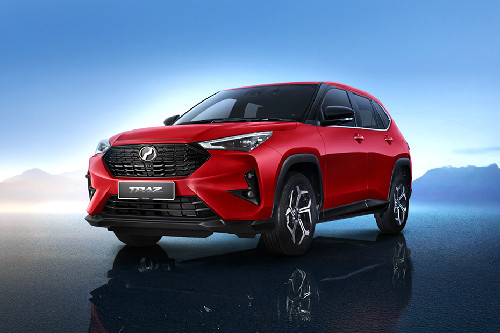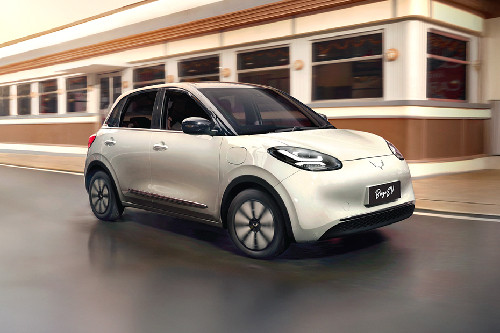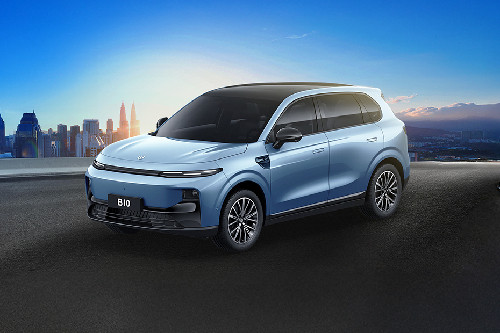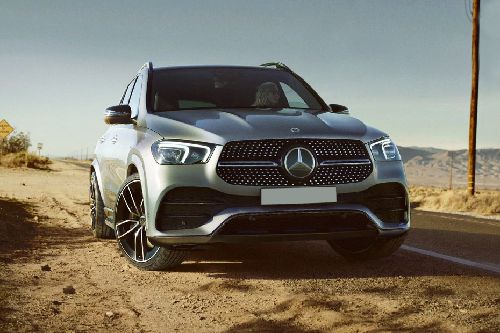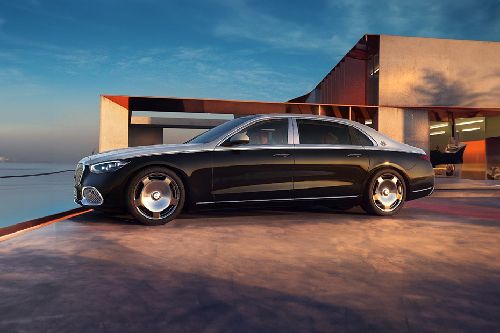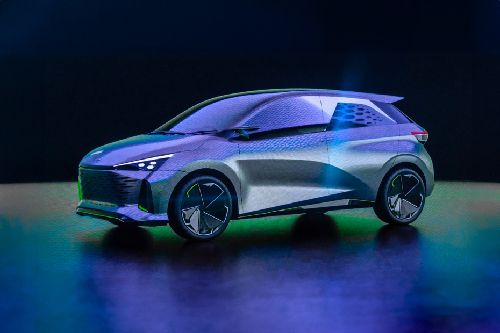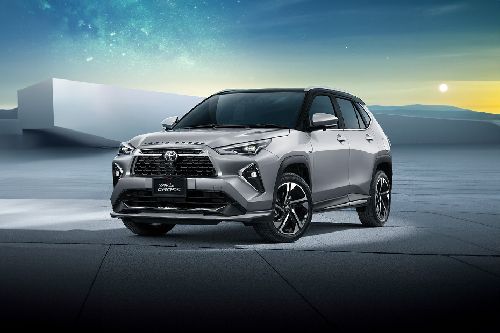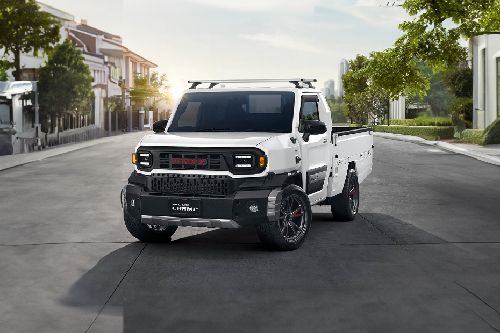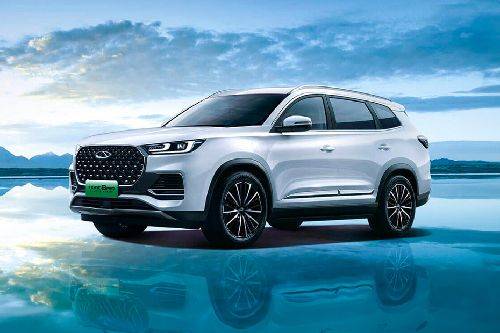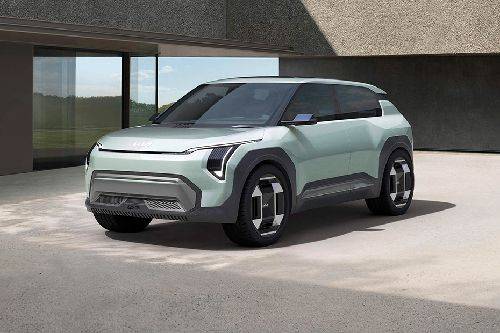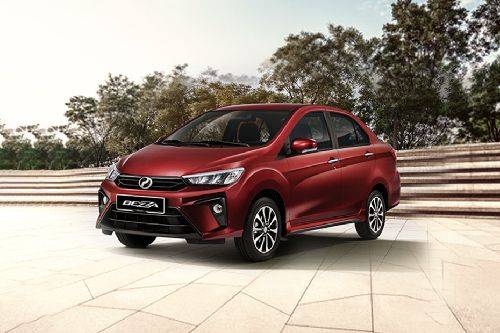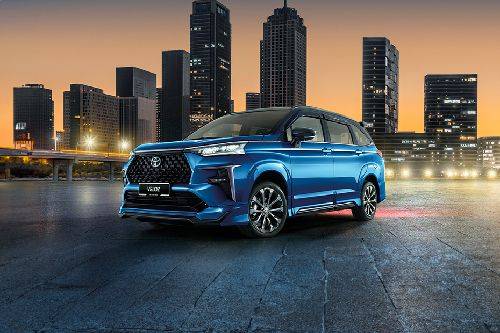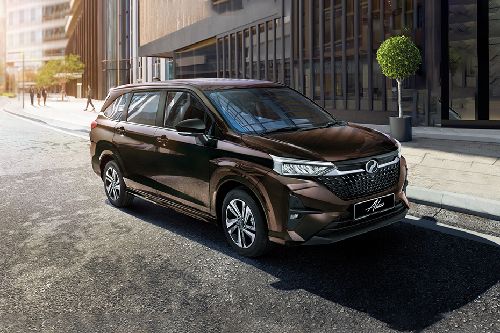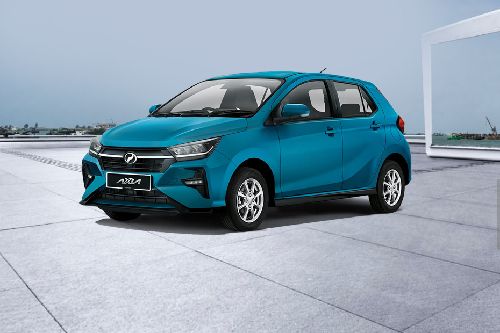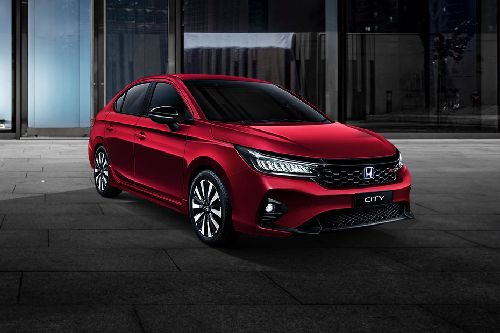Top 5 Alternative Fuels Powering Future Cars
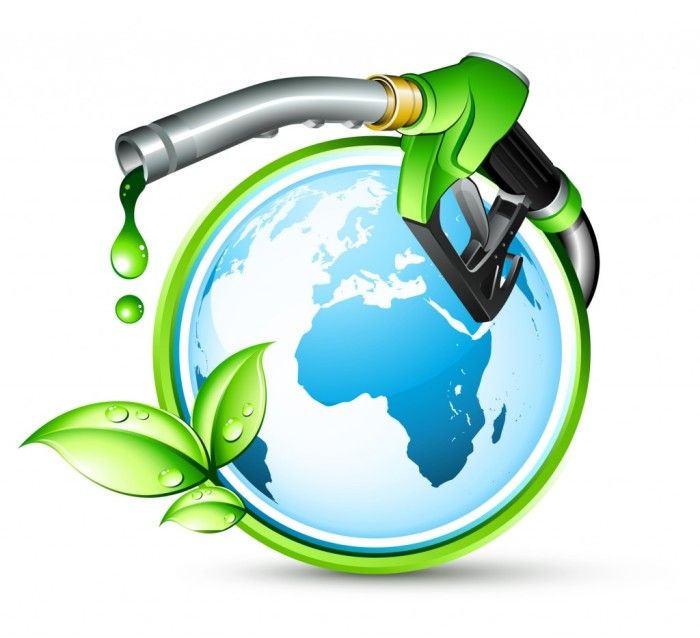
KUALA LUMPUR: Gasoline and diesel have always been fossil fuel kings. But, with various variants, and rising prices of conventional fuel, the automakers are forced to consider alternative fuel sources. A growing number of audience is attracting towards a greener tomorrow, and one major step in this is to opt for alternative fuels.
As there is no substitute to mobility, alternative fuels are the best option to deal with this alarming situation. Not only alternative fuels are a replacement of gasoline and diesel, they are also eco-friendly as they generally have lower vehicle emissions that contribute to smog, air pollution, and global warming. Also, unlike conventional fuels, alternative fuels are obtained from fossil-fuel resources and are sustainable. Automakers around the globe are constantly innovating with cutting-edge technologies to craft eco-friendly chariots that run on next-generation fuels. We at CarBay, present you, five alternative fuels that have the potential to serve as an alternative to petrol and diesel.
Compressed Natural Gas:
Compressed Natural Gas (CNG) is one resource that can be found on the road, even now. CNG is the same fuel that you might use to cook at homes. The natural gas is a great alternative fuel source, because of its easy availability, fewer harmful emissions, and cheaper price. There are already many cars in the market that are powered by CNG, but they also use a little amount of petrol. These cars are known as bi-fuel cars. Many automakers like Fiat, Opel/General Motors, Peugeot, Volkswagen, Toyota, Honda and others, have produced their bi-fuel prototype which are successfully running on the road.
Hydrogen fuel cells:
One of the most promising alternative fuel that is available today is hydrogen. Hydrogen is mixed with natural gas and used to power internal combustion engines. Also, some car prototypes use hydrogen in fuel-cell vehicles that run on electricity produced by the petrochemical reaction that occurs when hydrogen and oxygen are combined in the fuel “stack.” Researches conducted to test hydrogen-powered vehicle, reveal that hydrogen vehicles have zero emissions and far greater fuel efficiency. The leading automaker, Mercedes has experimented with Hydrogen fuel in its B-Class F-Cell. Apart from Merc, Toyota is also said to bring its muscle SUV – Highlander with hydrogen powered engine.
Water:
Who would have ever thought, that water could also be used to power cars. But, with the advent of new technologies, automakers have been able to create cars that run solely on water. H2O can be split into hydrogen and oxygen through the process of electrolysis. The resulted hydrogen is then injected into engine's combustion process to power the car along with gasoline. By doing this, the gasoline burn gets cleaner and complete making the engine more efficient. The Japanese car Genepax uses the same phenomenon to run. It can travel 80 Km in one hour, using just one liter of water. To all the critics who so dismissively assumed no car could ever run on water, the Genepax is a most welcome retort!
Biodiesel:
Environmentalists everywhere have been pushing the idea of using biodiesel, to run cars. Biodiesel is an alternative fuel made from vegetable oils or animal fats, even those recycled after restaurants have used them for cooking. Any car with a diesel engine can run on it. Conventional engines can be modified to burn biodiesal, and biodiesel can also be blended with petroleum diesel and used in unmodified engines. Unlike petroleum based products, vegetable oils are nontoxic, biodegradable, and are derived from renewable resources. They produce nearly 100 percent less greenhouse gases than petroleum-based diesel fuel and improve mileage by more than 3 percent. To give shape to this concept, Volkswagen crafted an entirely bio-diesel-powered Beetle.
Solar:
Solar fuel is a permanent resolution to our ongoing problem of depleting fossil-fuels. If one thing that is abundant on Earth, that is sunlight. Solar fuel is a fuel produced from sunlight through artificial photosynthesis or a thermochemical reaction. Solar energy is transduced to chemical energy by reducing protons to hydrogen. Solar fuel can be produced and stored for later use when sunlight in not present. Solar cars depend on a solar array that uses photovoltaic cells (PV cells) to convert sunlight into electricity. Presently, solar cars have been built for the purpose of solar car races, but automakers are also bringing this technology to passenger cars. Tokai Challenger is a solar car and also the winner of World Solar Challenge.
In this alarming situation, alternative fuels are the next best thing in the world of mobility. With many auto brands creating their eco-friendly chariots that run on alternative fuels, we can say these sources will be the fuels of tomorrow. If you have any other alternative fuel source, do write to us in the comment section below.
Malaysia Autoshow
Trending & Fresh Updates
- Latest
- Popular
You might also be interested in
- News
- Featured Stories
Featured Cars
- Latest
- Upcoming
- Popular
Latest Car Videos on Zigwheels

